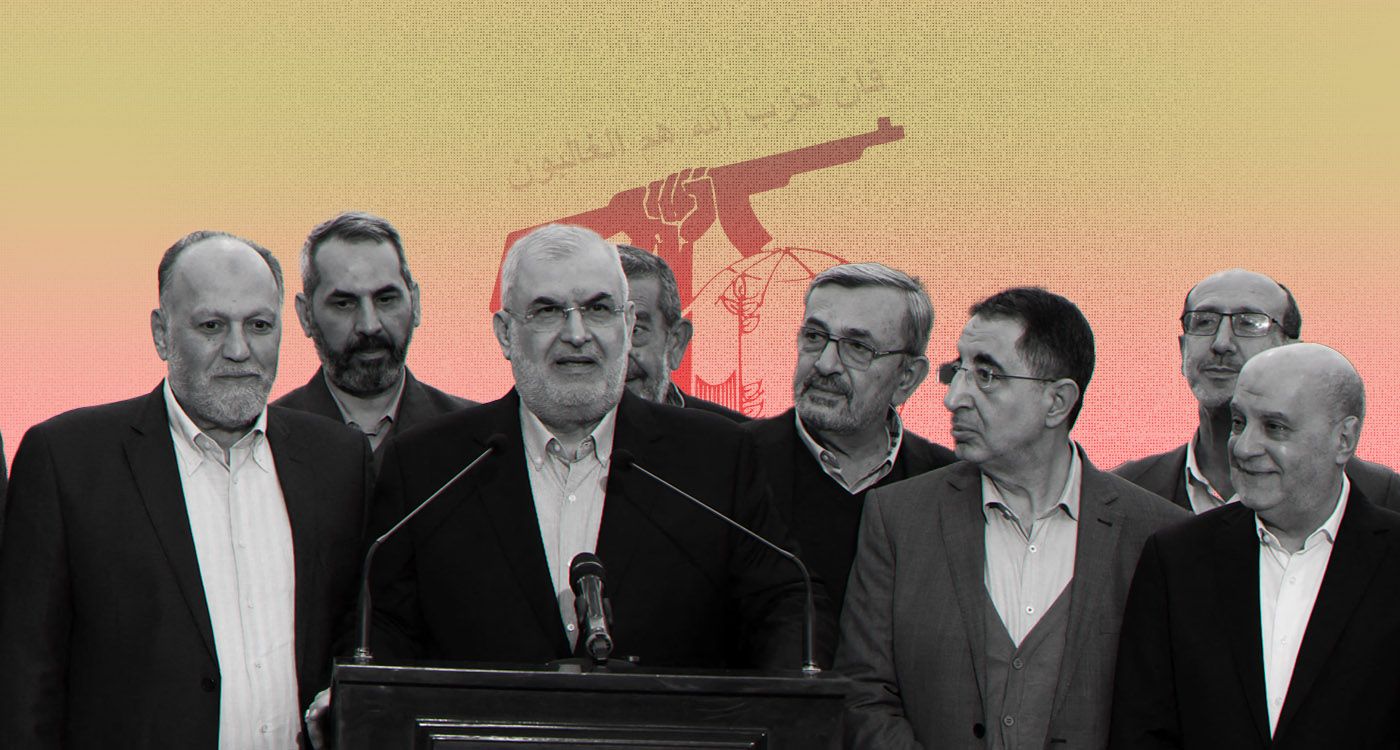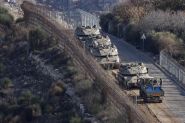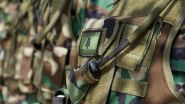
Hezbollah has been a central player in the political arena since 2005. It effectively replaced Syrian tutelage with its own presence in the Cabinet, starting with its participation in Najib Mikati's first government in April 2005. This marked the beginning of the party’s active and uninterrupted role in governance.
More than once, Hezbollah invoked the terms of the 2008 Doha Agreement and redefined the concept of governance based on the national pact. It shifted the focus toward sectarian and confessional balance, moving away from the original framework of the Taif Agreement, which centers on Christian-Muslim parity.
When some political parties sought to nominate Saad Hariri to form a government, parliamentary consultations were postponed. On that same day, the dramatic display of the “black shirts” pushed Walid Joumblatt to alter his political position.
Hezbollah has played a central role in choosing prime ministers and, at every stage, has sought to ensure its participation in all governments, insisting on securing the necessary gains, including ministerial positions for itself and its allies.
Today, following the military defeat in the recent war, the changing balance of power in the region and the political settlement that brought Joseph Aoun to the presidency, Hezbollah recognizes that it can no longer impose its will. The situation shifted overnight, leading to the nomination of Nawaf Salam to form the first government of the new presidency. The prevailing logic dictates that a new face is needed for the new era, not an old figure unable to address the challenges of the time.
In light of this issue, following his meeting with the president, MP Mohammad Raad stated his party’s rejection of any extended offer and mentioned the concept of a national pact. He made a key statement suggesting that others have the right to chart their own course and experience governance firsthand.
He could have been signaling that under these circumstances, Hezbollah would shift into the opposition, with no other choice but to sit back and observe. However, Raad is also alluding to the issue of the national pact. It would be incorrect to imply that a new governance counters the principles of the national pact, as the government will include figures from the Shiite community. Even if it does not secure the vote of confidence of the Shiites, it can still do so by securing the necessary majority.
If Lebanon were facing a crisis at the start of the presidency, the country would be grappling with a fundamental systemic issue, one that neither the president nor any of his international supporters would let unfold. Today, Lebanon is witnessing a phase of Shiite letdown, similar to what the Christians experienced in 1992 and the Sunnis in 2022, following the exclusion of Saad Hariri from the political scene.
Political foresight suggests that Speaker of Parliament Nabih Berri should take the initiative to pursue a settlement, ensuring Shiite participation in governance and thereby preventing the Shiite community from feeling marginalized. If this does not happen, the Shiites will experience a sense of disillusionment. However, if he takes this step, Lebanon will be on a new path that fosters effective governance and leadership.



Comments